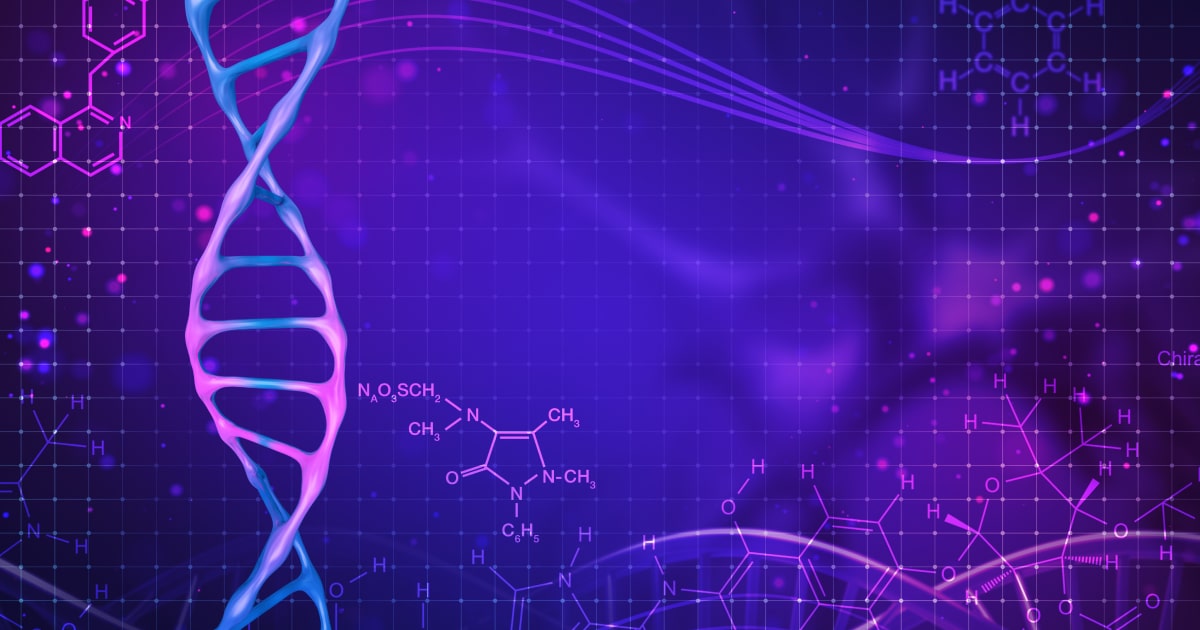
Expert Reviewed By: Dr. Brandon Colby MD
Amelogenesis Imperfecta (AI) is a group of rare genetic conditions that affect the development of tooth enamel. Among its various types, Amelogenesis Imperfecta Hypomaturation Type 2A5 stands out due to its specific genetic underpinnings. This article delves into the role of genetic testing in understanding and managing this condition, with a focus on recent findings related to the RELT gene.
Understanding Amelogenesis Imperfecta Hypomaturation Type 2A5
Amelogenesis Imperfecta Hypomaturation Type 2A5 is characterized by enamel that is softer than normal, resulting in teeth that are prone to wear and damage. This specific type is linked to mutations in the genes responsible for enamel formation, such as the RELT gene. The recent discovery of a frameshift mutation in this gene has provided new insights into the molecular mechanisms underlying the condition.
The Role of Genetic Testing in Amelogenesis Imperfecta
Genetic testing has revolutionized the diagnosis and management of many hereditary conditions, and Amelogenesis Imperfecta is no exception. Here are some ways genetic testing can be beneficial:
Accurate Diagnosis
Genetic testing allows for precise identification of the specific type of Amelogenesis Imperfecta, which is crucial for tailoring treatment strategies. By identifying mutations in genes like RELT, healthcare providers can confirm a diagnosis of Hypomaturation Type 2A5, differentiating it from other forms of AI that may require different interventions.
Family Planning and Genetic Counseling
For families affected by Amelogenesis Imperfecta, genetic testing provides valuable information for family planning. Understanding the hereditary nature of the condition can guide couples in making informed reproductive choices. Genetic counselors can use test results to assess the risk of passing the condition to future generations and discuss potential options.
Personalized Treatment Approaches
Knowing the specific genetic mutation involved in Amelogenesis Imperfecta can help dental professionals devise personalized treatment plans. For instance, understanding that a frameshift mutation in the RELT gene is responsible can guide decisions regarding restorative dental procedures and preventive care, aiming to protect the compromised enamel.
Advancing Research and Therapies
Genetic testing does not only benefit individual patients but also contributes to the broader scientific understanding of Amelogenesis Imperfecta. By identifying specific mutations, researchers can explore targeted therapies that address the underlying genetic causes. This paves the way for potential future treatments that could correct or mitigate the effects of these mutations.
Challenges and Considerations in Genetic Testing
While genetic testing offers numerous advantages, it is not without challenges. The interpretation of genetic results requires expertise, and there may be ethical considerations regarding privacy and the psychological impact of test outcomes. Additionally, the availability and cost of genetic testing can be barriers for some patients.
Conclusion
Amelogenesis Imperfecta Hypomaturation Type 2A5, with its genetic complexities, exemplifies the importance of genetic testing in modern healthcare. As we continue to unravel the genetic basis of this condition, the potential for improved diagnosis, management, and treatment grows. For patients and families affected by this rare disorder, genetic testing offers a beacon of hope, guiding them towards a future of informed decisions and personalized care.
For more detailed insights into the genetic mutations associated with Amelogenesis Imperfecta, you can access the study on the Semantic Scholar platform: Semantic Scholar.
About The Expert Reviewer
Dr. Brandon Colby MD is a US physician specializing in the personalized prevention of disease through the use of genomic technologies. He’s an expert in genetic testing, genetic analysis, and precision medicine. Dr. Colby is also the Founder of and the author of Outsmart Your Genes.
Dr. Colby holds an MD from the Mount Sinai School of Medicine, an MBA from Stanford University’s Graduate School of Business, and a degree in Genetics with Honors from the University of Michigan. He is an Affiliate Specialist of the American College of Medical Genetics and Genomics (ACMG), an Associate of the American College of Preventive Medicine (ACPM), and a member of the National Society of Genetic Counselors (NSGC)